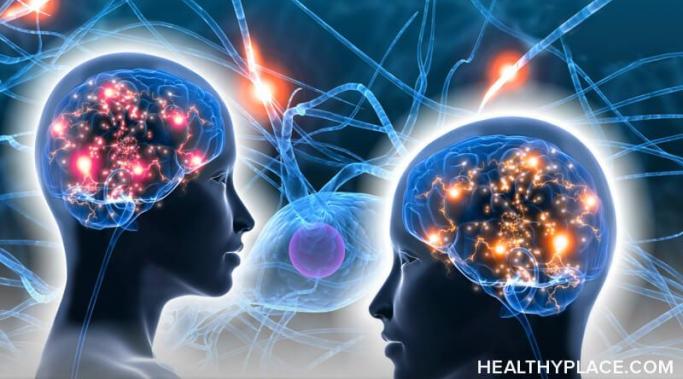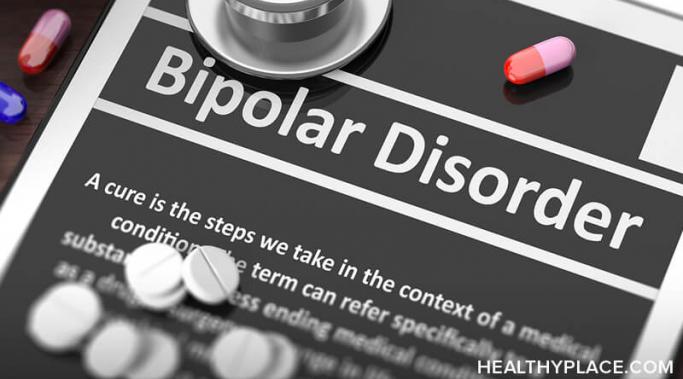Dating and depression don't mix very well. When you feel terrible about yourself because of depression, it's not the best time to meet new people and try to develop healthy connections. But if your depression is longstanding, does that mean you shouldn't date? Can you successfully date while depressed?
Impact of Bipolar
When treating bipolar disorder, I think it's critical to gain bipolar mood stability first and only then tweak up or down as needed. That means that if you're in a depression right now (and let's face it, that's when people seek help the most), the goal isn't to treat depression, per se, but rather to gain bipolar stability. Of course, I'm not the only one who thinks this. The esteemed psychiatrist Dr. Jim Phelps agrees: treatment should focus on bipolar mood stability first.
There are so many things I took for granted before I had bipolar disorder. Just like many people, I was living a normal-ish life. I was 18 years old; I was at university; I was living with my boyfriend; the stats on my life were definitely in the meaty part of the bell curve. And as such, I certainly never thought about mental illness. I wouldn't have been able to correctly define bipolar disorder for you for a million dollars. Those are certainly days I miss. And looking back, so many things were different before I had bipolar disorder.
I have bipolar disorder, and I never ghost people. "Ghosting" is a slang term for when someone cuts off all communication. Some people may doubt that I don't ghost people based on my bipolar diagnosis; however, believe me, I am not a "ghoster." Moreover, I'm not the only one. Just because a person has bipolar doesn't mean they will ghost you.
The word "neurodivergent" is flung around social media and is now very politically correct. For example, it's supposedly okay to call a person "neurodivergent," whereas calling them "mentally ill" will get you social media-canceled. But if people insist on using the term neurodivergent, then let's at least know what it means and how to use it properly.
I'm tired of explaining bipolar disorder to people. I realize this is a terrible sentiment to one who actually does this for a living, but it's one I've found myself thinking about at times. In some respects, explaining bipolar disorder and mental illness in general to people is extremely rewarding; in other ways, though, it's just a slog. Having the same conversation over and over again about mental illness with someone who has no clue is exhausting.
In our society, people are shamed for not having a positive outlook. In fact, I just read a comment on LinkedIn that said, "Maintaining a positive outlook, ALWAYS, is so very important. Always look for that silver lining. Trust me, in the end, everything is exactly where it should be." And that sums up how many people feel about a positive outlook: it's critical, and something's wrong with you and your line of thinking if you don't have a positive outlook.
I can't stop crying. It's because of personal loss and depression; I know this. But it seems that all the knowledge in the world doesn't help. It seems like I just manage to right the ship, and then I find myself in a pool of brackish water again. Not everyone with depression reacts this way, but I cry far more than my fair share. No matter what I do, I just can't stop crying.
Recently a friend ruined my mental health. Well, a friend combined with preexisting bipolar disorder, ruined my mental health. I don't believe in blaming people for mental health problems, per se; but, sometimes people do things that are so damaging, a change in mental health really is pretty much their fault. So, what do you do when a friend ruins your mental health?
I can't stop insulting myself. I'm depressed, and that's one of the things that I do when I'm depressed. The insults I say at myself are unbelievably harsh and things I would never say to anyone else. But even though I know that it's the depression, and even though I know that it's negative and harmful, I just can't stop insulting myself.









